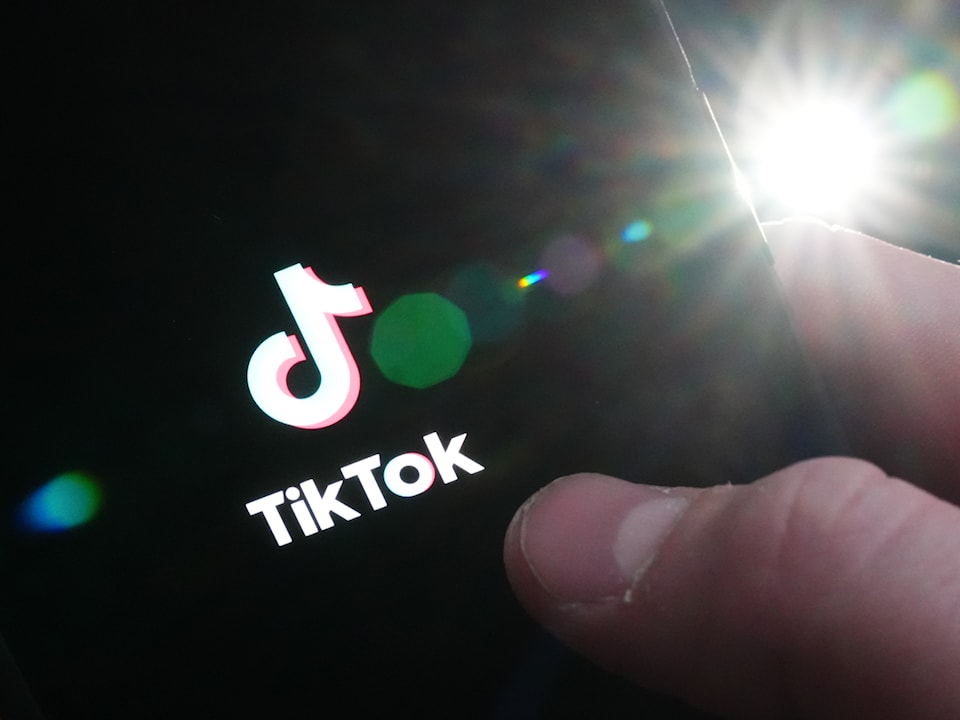Discussions concerning national security, the effects on the economy, and the future of digital innovation in Canada have been raised after the federal government moved to shut down TikTok Canada's operations.
Following a national security evaluation under the Investment Canada Act, the decision was made on Nov. 6 and mandates that ByteDance Ltd.'s Canadian business stop operations in Toronto and Vancouver by the end of December 2024.
Although Canadians can still use the app, privacy experts, and content creators are concerned about its closure.
The shutdown was largely triggered by national security threats. Innovation Minister François-Philippe Champagne said in a statement the decision came after "rigorous scrutiny" by Canada's intelligence and security services.
Law and Business Professor Avner Levin, an expert in online privacy and security at Toronto Metropolitan University, expressed skepticism about the effectiveness of such measures. He said governments are struggling to manage the risks posed by platforms like TikTok.
“It’s kind of hard to enforce,” he said. "There’s not a lot that you could do except banning it and it would be fairly difficult to enforce as long as the app remains downloadable."
Levin highlighted potential dangers, including the misuse of user data by foreign actors and the manipulation of public opinion through algorithmic control.
"Canada is concerned that platforms like TikTok could be used to destabilize societal trust or influence elections," he said.
The shutdown is expected to eliminate hundreds of well-paying jobs in Toronto and Vancouver, a blow that TikTok described as “not in anyone's best interest.”
The company intends to challenge the decision in court. It stated its platform will remain available for Canadian creators and businesses.
Audrey Milette, press secretary for Champagne, acknowledged the job losses but emphasized the priority of national security.
“This decision was made to protect Canada’s national interests. While we are sensitive to economic impacts, the risks outweighed these considerations,” she said.
The public's trust is weakened by the lack of transparency regarding the security concerns. Levin said without a local office, the risks to user data are unlikely to change, and TikTok Canada has claimed the government has not shown convincing proof of these concerns.
“I see this as a symbolic thing,” Levin said. “The risks posed by TikTok remain, as they do with all social media platforms, but having an office in Canada didn’t significantly mitigate them.”
There is also concern that the decision could deter foreign tech companies from investing in Canada.
Milette, however, insisted Canada remains a hub for innovation.
"We also launched the new AI Safety Institute to make sure we have responsible use of AI," she said.
"We will challenge this order in court," TikTok said in a Nov. 6 statement.
As TikTok prepares for the legal battle, the government faces questions about how it plans to address the broader consequences of its decision. Content creators, privacy experts, and businesses will continue to grapple with the fallout of a decision that balances security with economic and cultural consequences.
The federal government urges Canadians to stay mindful of their online privacy.




